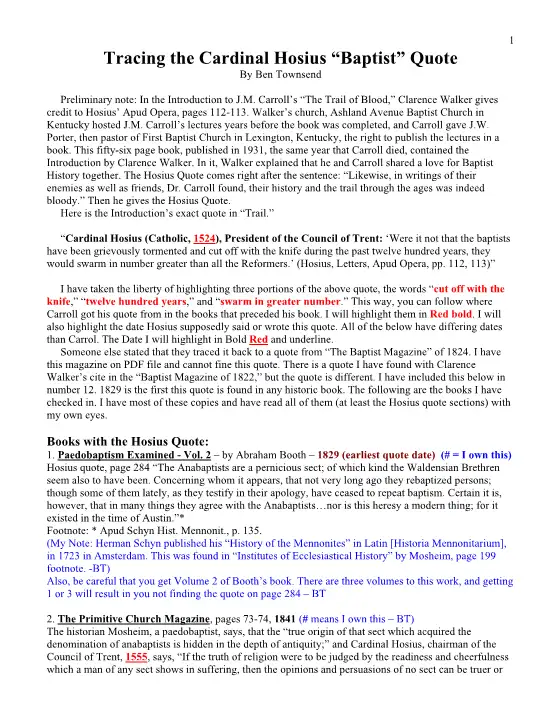It's true of all five points. They all stand together. Four pointers are not Calvinists.
My comment "the 4 remaining points" was referring to an earlier post where I said that I can go along with total depravity, but that's as far as I can go with Calvinism. The remaining 4 are cancelled out by free will.

